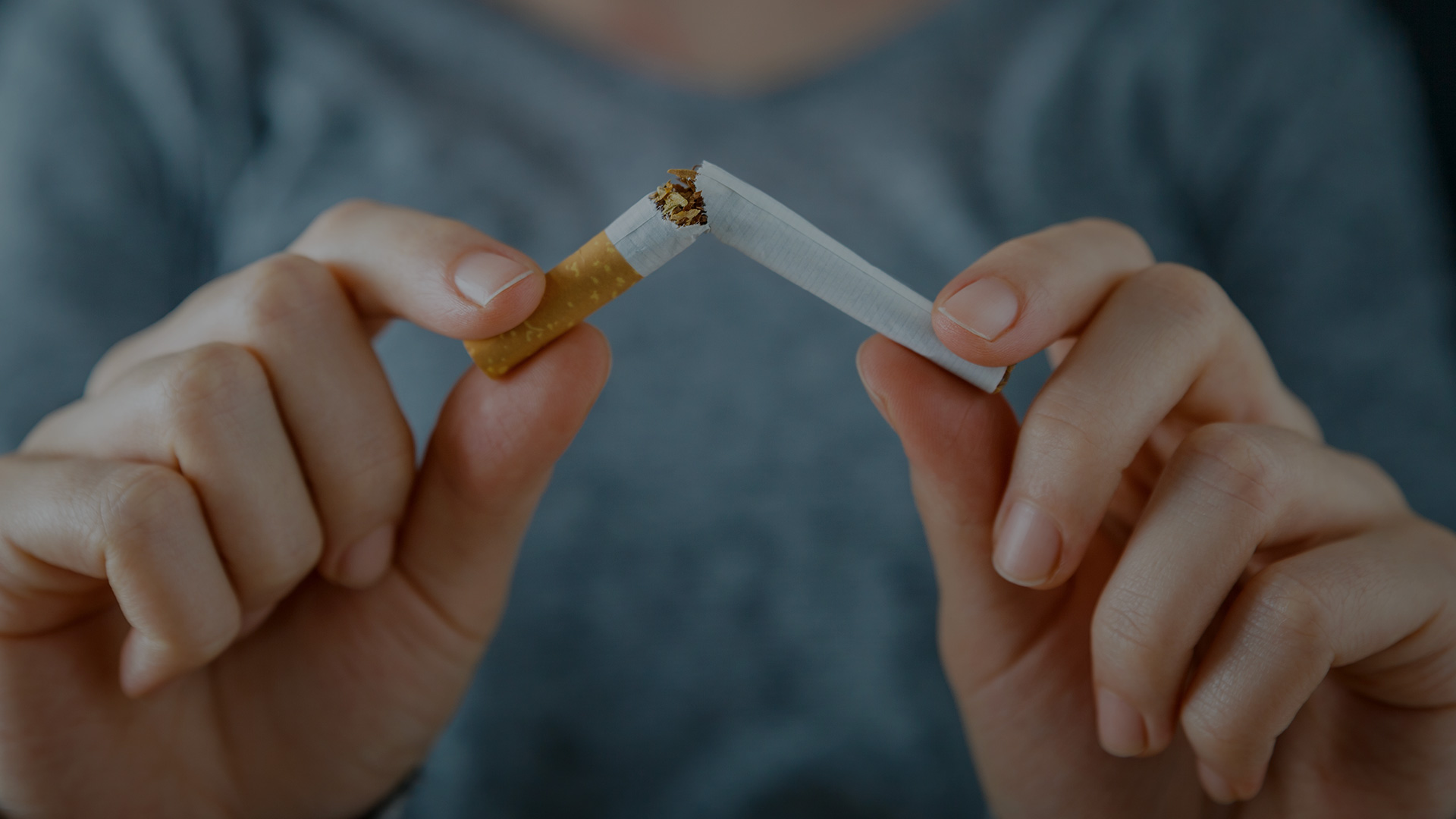
How does smoking cause lung cancer?
Cigarettes are packed with chemicals, such as benzene and nitrosamines that can damage the DNA in the cells of the lungs. This damage can build up in each cell until it eventually leads to lung cancer. It often takes a long period of time – usually years or even decades – for the DNA damage resulting in the actual lung cancer appearing, but it’s been proven that even smoking15 cigarettes a day can alter the DNA in a cell.
What are the other effects of smoking?
- hickening of blood, increasing the risk of blood clots
- Increased heart rate and blood pressure
- Narrowing of arteries
- Increased risk of a stroke
- Increased risk of heart disease, heart attacks and vascular disease
- Higher chances of developing stomach cancer and ulcers
- Bad breath and stained teeth
- Lung disease
- Reduced fertility in both men and women.
- Weaker bones
Stop smoking tips and advice
Quitting smoking can be a very hard process. It can become part of your daily routine, below arelisted some highly effective tips that can be used for optimal smoking cessation support.
Be positive! Look at things from a different perspective– “You’re not giving something up – you are choosing not to do something.” You can do it.
Change your routine. If the first thing you do in the morning is switch on the kettle and light up your cigarette to accompany your coffee, why not change your routine and drink juice or water instead of coffee? Eat your breakfast first, take a shower, get dressed and do some form of exercise.
Drink plenty of fluids. Sip plenty of water or fruit juice throughout the day. Orange juice is a good thing to drink as Vitamin C levels are more depletedin smokers.
Avoid smoking environments, to reduce the temptation of smoking.
Make use of support from friends and family. Think about sharing with your friends, family, parents or co workers that you have quit, or will be quitting smoking and ask those who do smoke to not smoke in your presence.
If your friends smoke, try to get them to stop smoking with you. This way you can support each other throughout the quitting process.
Remind yourself why you are quitting.
Think about the health benefits of quitting. Within 20 minutes of stopping your blood pressure and pulse rate will return to normal.
Think about the financial benefits of quitting smokinghoTake each day at a time; don’t think about fear of relapse! You have come this far, think of all the cigarettes you haven’t smoked.
If you do start smoking again, don’t worry. You haven’t failed. It takes most people several attempts before they go on to be completely smoke free permanently. You have now improved your chances of success for next time!
Take time for a health-check: visit your doctor and ask if you are eligible for lung cancer screening: A low dose CT scan of the chest every year has been shown to reduce the deaths from lung cancer by 25%. It is the only effective way for early diagnosis that could save lives, and it is recommended by international guidelines for heavy smokers at high risk. Ask your doctor if that is for you, today!
